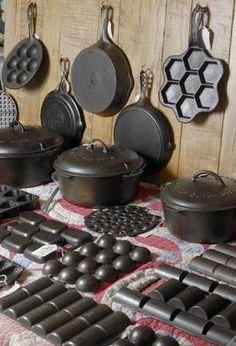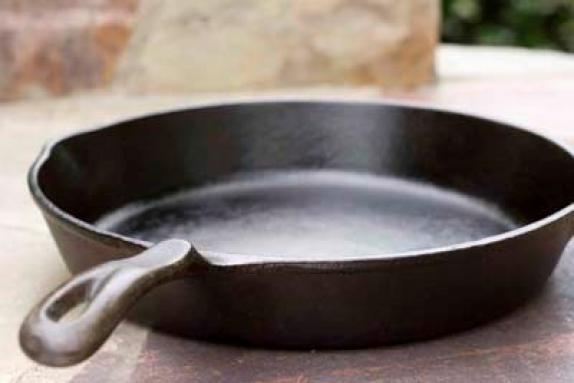I recently told an artist friend how I had finally finished the book I had been writing for years, but that I couldn’t stop tinkering with it out of obsession because it was all I had done for so long that I didn’t know what else to do with myself. I described how I would add to it in the morning and delete what I had written by evening.
His prompt reply really hit home: “There’s a saying among artists that it takes two people to make a painting. One to make the art and one to hit the artist over the head with a frying pan when it’s time to stop painting.”
The more I thought about it, the more I saw how much what he said applied to writers. I have friends who spent as long as a decade on a single book, especially a novel or a nonfiction book (but it can be argued that all writers suffer from this inability to let go). They labored until their project became part of their daily routine, even their identity. We writers live and breathe our work-in-progress, playing god as we create worlds populated with people and drama and histories. Many writers, myself included, suffer a kind of post-partum blues when we finally finish a major work. It’s hard to let go.
But let go you must.
There comes a point when you are no longer helping your writing—when, in fact, you may be doing more harm than good. Economics call this the point of diminishing return.
One of the hardest things for writers to do is to be tough on their writing. Find the strength to put your manuscript aside for a while and work on something else. Writers like Stephen King suggest for as long as six months. That may be too long, but the notion is sound. Walk away from your manuscript long enough so that when you finally pick it up and re-read it, it may feel as if you are reading it the first time.
At times you’ll marvel at your extraordinary writing.
“Damn, I’m good! Mother was right about me.”
At other times you’ll ask yourself, “What the hell was I thinking? This is terrible.”
I’ll let you in on a little secret of writing.
Editing never ends.
Through three decades, I have joked with writing students that if Shakespeare miraculously came back to life today, the first thing he would do would be to edit his plays (any Shakespearean worth his or her salt knows that there are numerous errors in Willy’s plays. But he was on a timeline, cranking out play after play to keep the public paying for new plays as our motion picture industry produces a surfeit of movies to distract us from sociocultural and socioeconomic woes…much as did the London playhouses during Shakespeare’s times).
Learn when to stop.
Just say no.
As Elsa would say, “Let it go!” (I’m a 50-something-year-old writer with a four year old daughter.)
What kind of frying pan, you ask?
I recommend a ten inch skillet, one of the old ones you might find at an antique store or a garage sale. I hear ones made in Germany are the best. To season your cast iron pan, use a paper towel to apply lard or cooking oil liberally to all surfaces of your pan (any good cooking oil will suffice, though my favorite is sunflower for its allusion to Van Gogh). Place your oiled pan in the oven and bake at 400 degrees for 30 minutes. Once your pan has cooled down, hang it on a hook on the wall near where you write as intimidation and have a friend or significant other practice swinging it often.





